Can I Continue Eating Meat?
At the beginning of 2017, I wrote a blog post, asking the question “Should I eat meat?”. This question was motivated by a desire to seek out moral congruity, meaning that I felt my actions as a human were no longer aligned with my sense of morality. Inflicting pain upon another living creature feels wrong, I’d hate to see my dog in pain, yet I’m happy for other living creatures to be killed, simply to provide my food. There’s clearly a contradiction here.
More recently, I came across the term ‘cognitive dissonance’, which refers to the ability to hold two or more conflicting opinions, simultaneously. In my case, I hold the opinion that inflicting pain on animals is wrong, whilst holding another opinion that killing animals, to eat meat, is absolutely fine. There’s conflict between these two positions, but humans naturally seek to reduce cognitive dissonance by reconciling any conflicts, therefore closing the gap between them.
The origins of these thoughts and feelings co-incided with a trip to India at Christmas, which gave me the opportunity to seek out a fisherman and spend a morning on the sea, catching fish. The travelogue post about my experiences and feelings around catching, killing and cooking those fish makes a great read – Should I eat meat? Part one – Fishing.

Fifty Shades of Grey.
Over time, I realised the question wasn’t very good. To begin with, the word ‘should’ is awful and needs to be banned. It indicates duty or obligation, which is not why I’m doing this, it’s a desire to explore feelings around morality and to seek a decision, not an obligation. My question also requests a binary answer, a yes/no outcome, but the outcome might sit in the grey areas of living, between those black and white stark opinions, which people seem most comfortable trying to (unsuccessfully) attain. Unfortunately for these people, life consists almost entirely of grey areas, there are very few absolutes, so coming to terms with these multitudinous grey areas is far more conducive to happiness than seeking yes/no answers.
This grey area was raised by Dr Harley Pope in the idea of absolutes and relatives, which I felt was highly applicable to veganism. Adopting a diet with an absolute stance of zero harm to living creatures is extraordinarily difficult. Commercial horticulture, which is the growing of fruit and veg, kills lots of animals. Your carrots may have contributed to the death of voles, mice and all sorts of small organisms. This is because most fields are ploughed, and ploughing kills creatures that live in, or on top of the soil. Therefore, most vegans can’t make an absolute claim that their food hasn’t resulted in the death of some living creatures. The only way to ensure that no animals are killed, is to grow your own food, or to buy zero-tillage crops, which limits your food shopping choices even further.
Meat consumption then becomes a topic of relative values. At one end of the scale is veganism, which is largely death-free. At the opposite end of the dietary scale, is an eat-meat-three-times-a-day carnivorous diet, with many other dietary options in between, such as vegetarian, pescatarian, flexitarian and climatarian.
With Intent?
If inflicting pain on an animal somehow is given, regardless of my diet, it makes the question of eating meat a more complicated one. Whereas a carrot potentially contributes to the death of an animal, eating a chicken absolutely requires the death of an animal. This raises the idea of intention, whether I intend to cause harm or not. If my intention is not to cause harm, then carrots are OK, because I don’t intend harm to any creatures, but understand it’s difficult to utterly eradicate harm from carrot production. If I choose to eat a rabbit, I have the intention of a creature being raised and slaughtered simply to meet that end, therefore I do intend harm.
Through philosophising this, the only consistent moral outcome is to stop eating meat, however my self-will doesn’t want that, it still wants the option to eat meat occasionally. Clearly, this is a contradiction, which goes back to cognitive dissonance, or maybe it’s simply fear, a fear of bucking my life story of 39 years, which is “I eat meat”. As if a change of diet is absolute and can never change, which goes back to the beginning of this post, the myth that choices in life are absolute. I can become vegan and if I don’t like it, I can eat meat again, that’s OK and anyone who says otherwise is an unreasonable idiot. It’s only through the richness of these experiences and the knowledge of trying different ways of being that I will ever be able to decide which diet really works for me.
Field To Fork.
Through all of this, it’s just three weeks until I am travelling to a farm in Kent to slaughter and prepare chicken, rabbits and ducks. To be frank, I find this proposition very scary, it fills me with fear. Getting my hands dirty and despatching these creatures seems like a fantastically scary proposition, but I’ve been eating meat for 39 years, simply having someone else do this dirty work for me. I have been responsible for the slaughter of hundreds of animals, so it only seems right that I experience what that means, first hand, before I make further decisions about it.
If you’d like to find out more, have a look at my post about the day, which I’m calling Field to Fork. This is not for profit, I make no money by organising this, it’s happening because I wanted to experience this part of the food chain and felt that others might benefit if I made it available to them.
